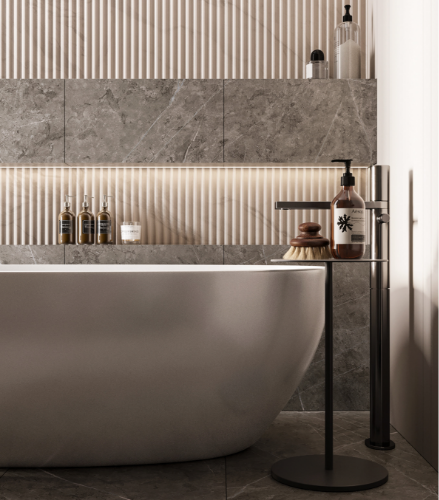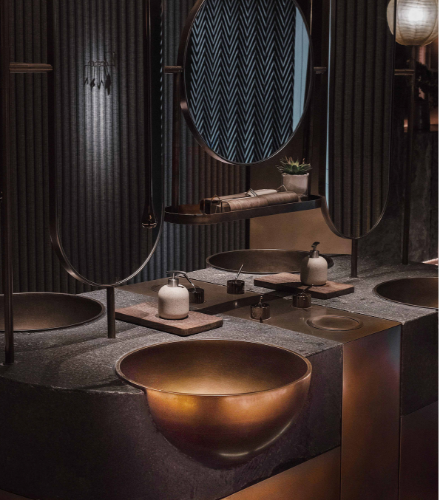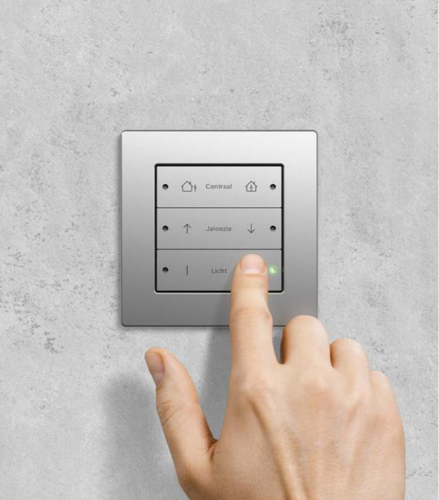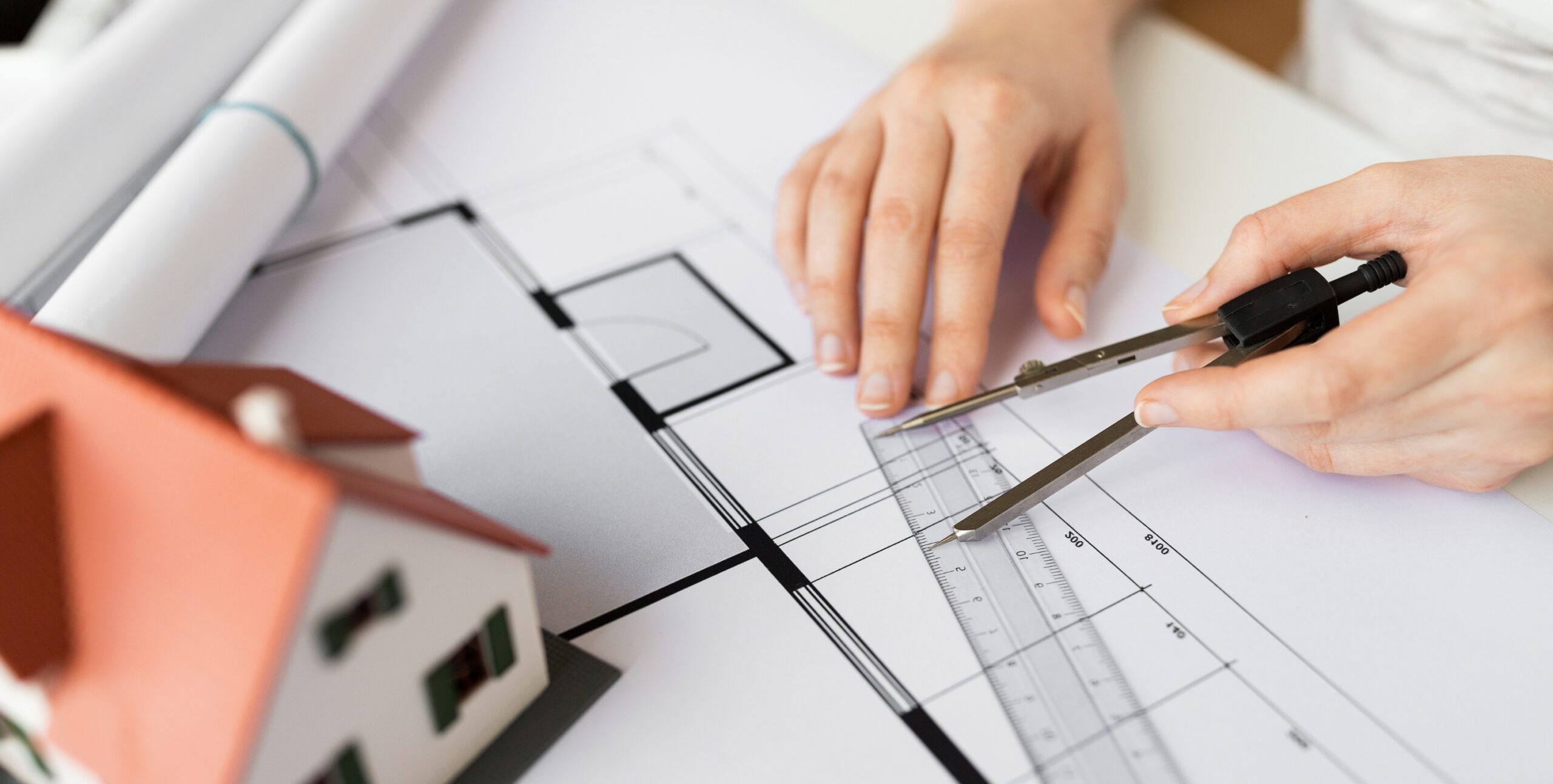Vastu rules for home to be considered Even though some people think the principles listed in Vastu are old-world superstitions. But believe it or not, most architects across the globe look up to those principles before working on any structures. When followed correctly, these principles are known to elevate your life, health and also wealth. However, when done incorrectly, it’s said to attract negative forces into your life and home, causing you problems of all sorts. For a Vastu noob, spotting Vastu mistakes can be next to impossible. Forget about checking through the Vastu checklist. Lucky for you, this blog will take you through all the Vastu red flags you should have your eyes on before buying your new home.
1. Cluttered Brahmasthan
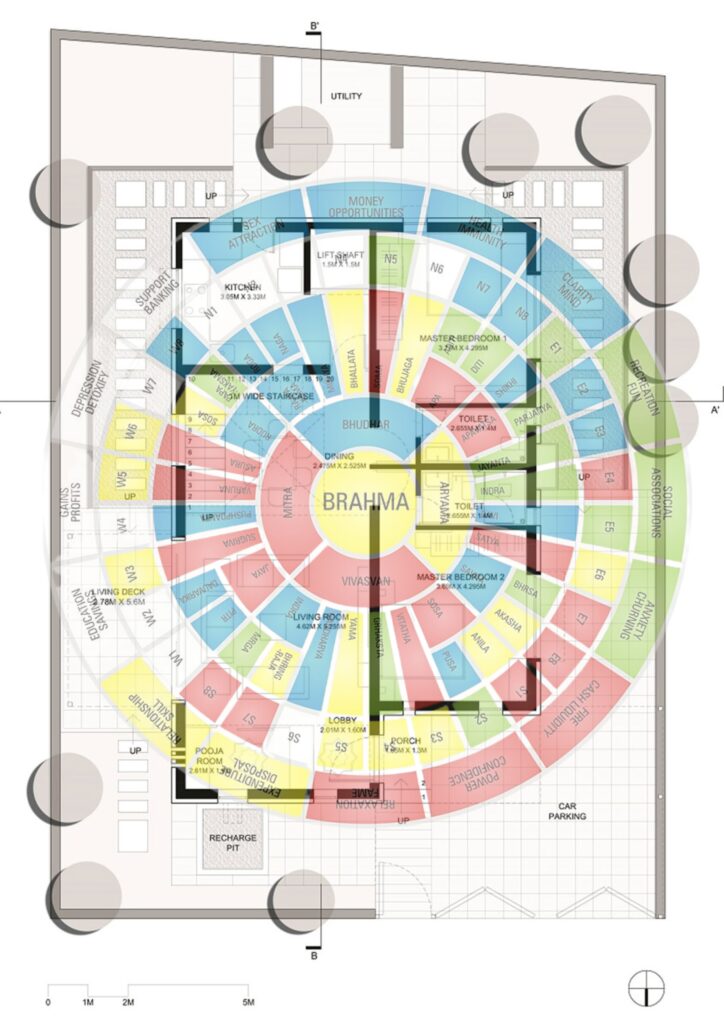
According to Vastu rules for home scriptures, the centre point or the middle of the home is called the Brahmasthan. And Vastu practitioners point out that positive vibrations and cosmic energy flow through this space. So, they recommend keeping the space open, clutter-free and well-lit. They further add, also avoid placing any heavy furniture, pillars or other obstructions here. In case the home does not follow this principle, you can either make the changes before moving in or avoid the home altogether. Furthermore, you should also ensure the Brahmasthan receives ample natural light and is properly ventilated. Hence, check the space for large enough windows that let in natural light and fresh air into the space, nourishing the entire home with positivity and positive energy.
Also Read: Vastu Shastra tips for rental properties
2. Keep Away From Too Much Energy Flow
A novice would think sharing a wall with a temple or even having a home near a temple/church or other places of worship is a good thing, but Vastu rules for home does not agree. According to the principle, the energies associated with temples and other places of worship have a very distinctive energy when compared to a home. So sharing the same wall or being in close proximity can create energy interference, causing disturbances or imbalances. Even from a strategic standpoint, a temple would attract foot traffic all day long and this may cause privacy and noise concerns. Therefore, if the home shares a wall with a temple/church or other places of worship, you should avoid buying that property. Some experts go as far as to say, even if the shadow of such structures falls upon your home, it’s better to avoid these homes.
Also Read: 6 Vastu Shastra Tips For Your Home To Boost Prosperity
3. Bathroom Location
Though toilets are an essential part of any home, they are considered sources of negative energy within the home. Hence, they are carefully positioned within the home. According to Vastu, toilets should be positioned on the north-west or southeast side of a house. These directions are held acceptable for toilets as one is associated with air and the other with fire respectively. However, you should avoid homes with toilets positioned in the north-east at all costs, as it’s considered the most auspicious direction associated with Gods.
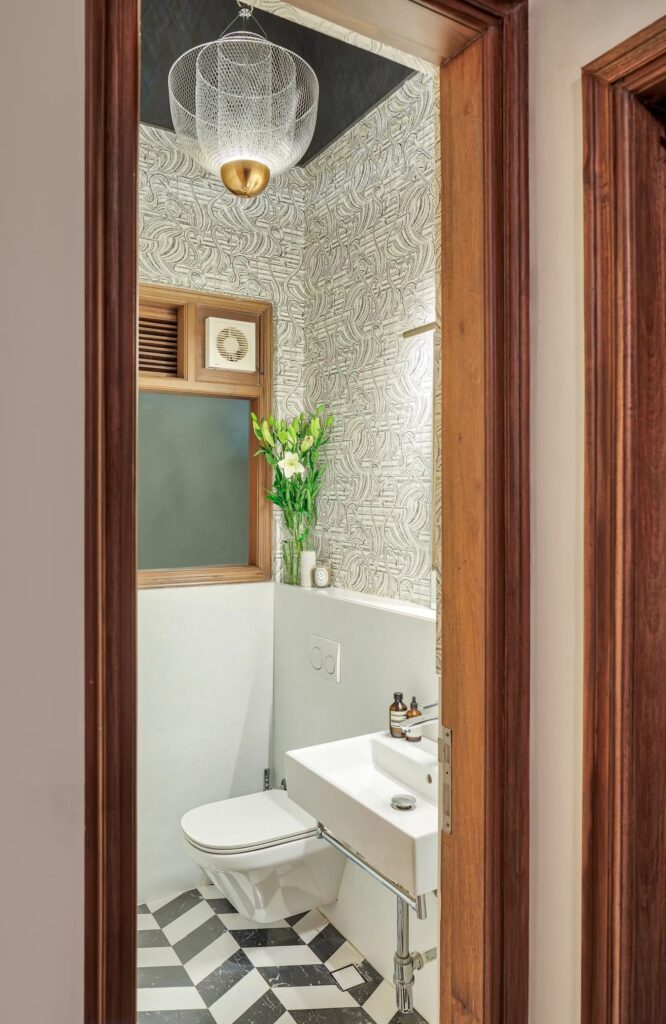
Also Read: 5 Vastu-Approved Pooja Room Colours
4. Plants & Garden
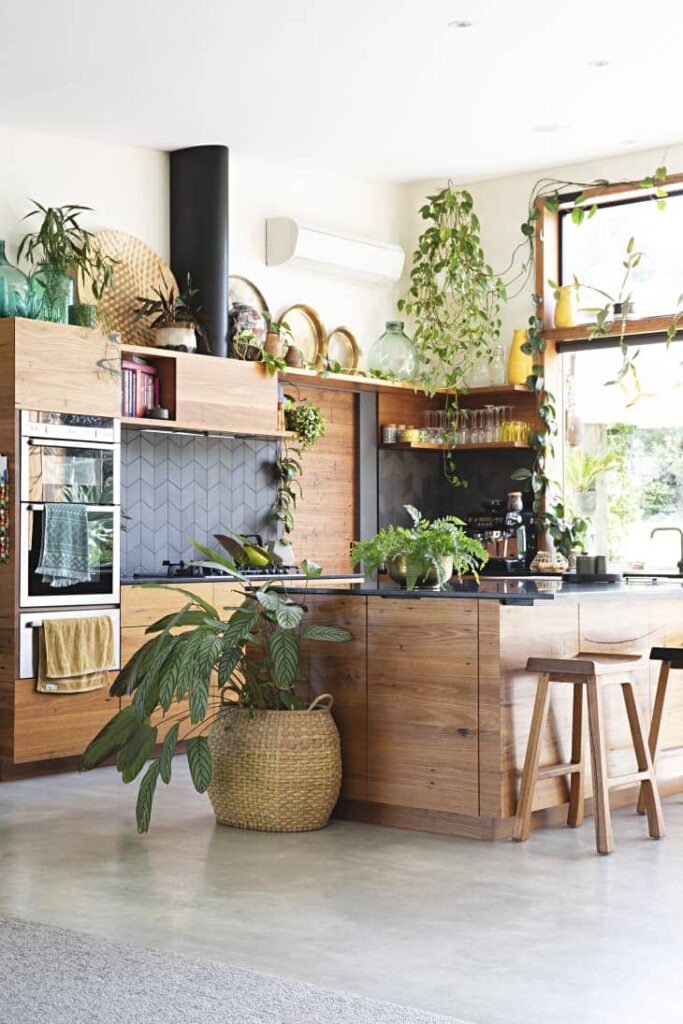
Plants have always had a positive impact on homes and the people in them. Hence, the practice has grown in popularity. And in most parts, Vastu also endorses this practice. However, there are some exceptions to these principles. For instance, plants such as cacti and succulents are to be avoided, especially plants that are thorny as they are said to produce negative energy and can disrupt the flow of positive energy. Not to mention, these plants can cause accidental injuries to children. Furthermore, experts also say, “Even though plants are great for your home, proper and regular maintenance is essential to avoid overgrown and dead plants that can have a negative impact.
Also Read: 10 Divine Pooja Room Design Ideas For Your Home
5. Kitchen Vastu
The kitchen is among the most important aspects of the home, it is associated with your family’s nourishment and overall health. Likewise, Vastu extensively describes the rules and principles for a kitchen in a happy home and proper health. First of all, the location of the kitchen should be taken into account. The ideal location for the kitchen is in the southeast or north-west corner of the house.
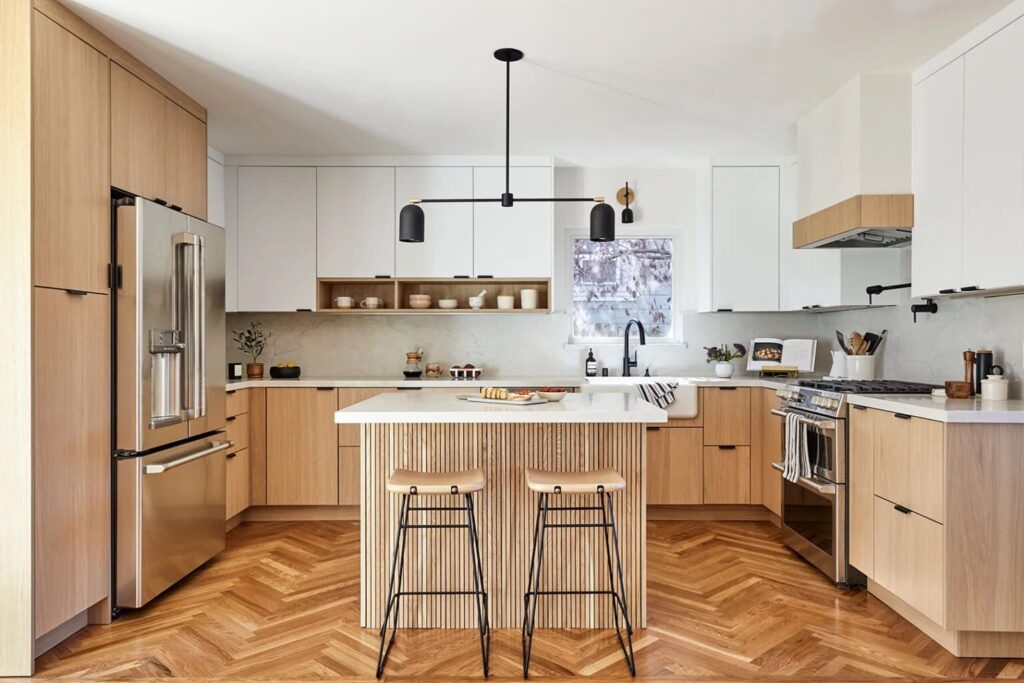
While the southwest corner of the home is associated with fire, the north-west is associated with air – both are great options, but experts lean more towards the southwest. Equally important, the alignment of the kitchen plays a key role in Vastu principles. Experts recommend you should be facing east or south while cooking for a positive cooking environment. So, while you are out looking for your new home, check the kitchen for these rules.
Also Read: 5 Best Pooja Room Door Design Ideas
6. Ensure The Home Is Facing The Right Direction
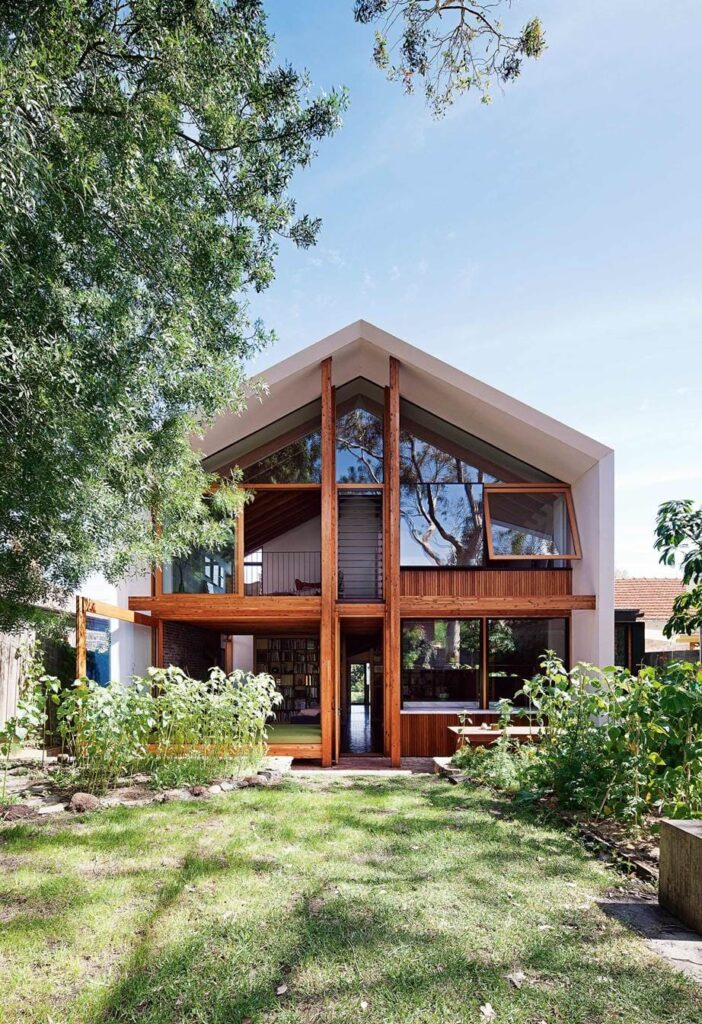
The orientation of the home is held in high regard as per Vastu and while buying a home, it’s quite vital you consider this principle extensively as it can have drastic effects on your life later on. By all means, homes facing north or east are extremely good for the people living in the home. But, that does not render homes facing South or West unliveable. These directions might not be considered the best, but there are remedies you can use to balance out Vastu. For instance, a south-facing home can be considered if the main entrance of the home is well-designed and well-lit. You can also use other Vastu remedies such as mirrors inside the home to mitigate any negative effects.
Also Read: A Beginner’s Guide to Feng Shui for Interior Design
Chances are in your quest to find your new home, you would explore a plethora of options. And a lot of those homes might have the above-mentioned Vastu rules for home pitfalls, so keep a lookout for them. Furthermore, there are other less common Vastu inconsistencies you should consider such as the wrong placement of columns and beams, cut corners, and the wrong placement of staircase. Keep a careful look out for these as well before buying a home. Hopefully, this blog helped you find the right Vastu-compliant home for yourself and if you found this blog helpful, check out our other blogs.





